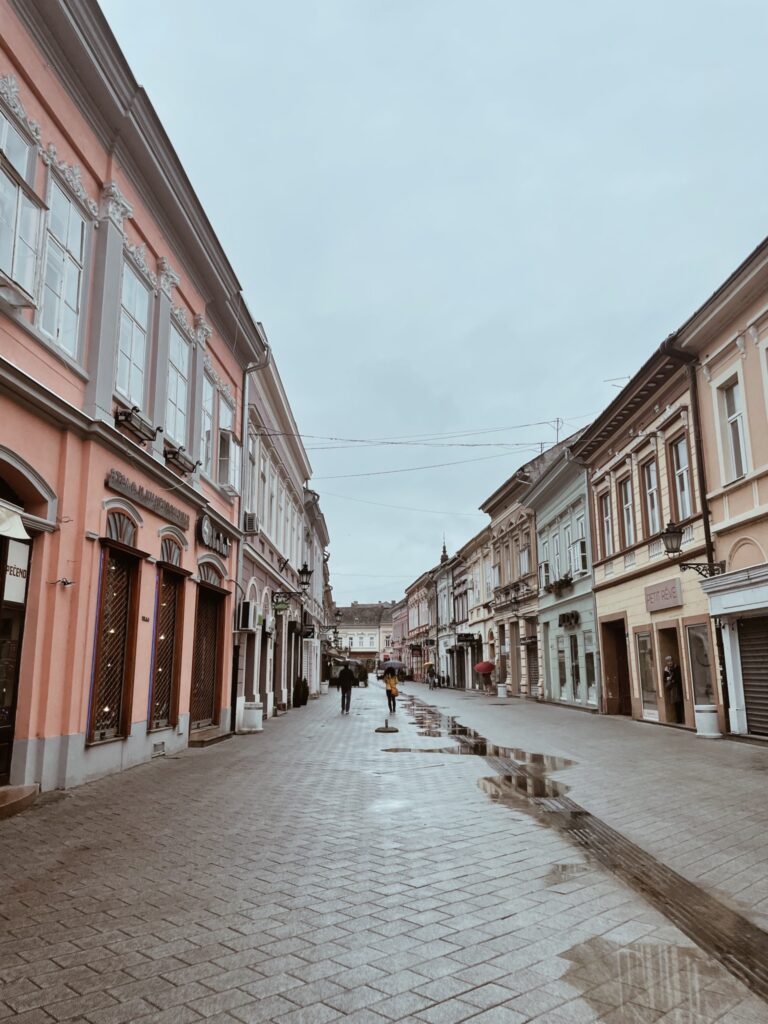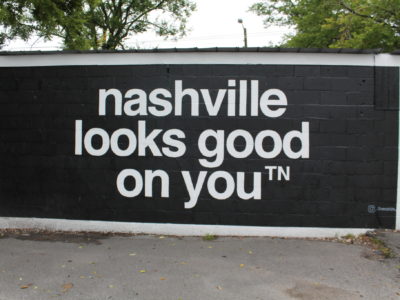It took me 20 years to realize I’m not bilingual. I actually speak three languages, one of which isn’t even considered a language (more on that later). As children, the education system teaches us that speaking and understanding two languages forms a great skill and that makes us “smarter” than other kids who only speak one language. Except, I’d argue that it places us at a greater disadvantage, which contradicts what I believed and took pride in for most of my life. Bilingualism places two languages on an unequal playing field, where one will always dominate over the other. And more often than not, this leaves space for an entirely new language born from the depths of our language-fighting minds.
I actually speak three languages, and one isn’t even considered a language .

I’m no linguist or neuroscientist. I’m only an English major studying two languages I’m already fluent in. I really don’t have the faintest idea of how our brains process languages nor the processes it takes to develop and understand a new language. What I do know, however, is that knowing more than one language, simply developing a fluency in one, will create havoc for you for the rest of your life. And that comes from personal experience.
During my early years, my parents, grandparents, aunts, uncles, cousins (i.e., the entire family) all spoke Serbian with me. I watched Serbian cartoons, read Serbian fairytales, and played with Serbian kids. I had no accent. I spoke Serbian like a native, as if I’d been born and raised in Serbia. They’d immersed me in our culture so well that I had no idea we were in the good ol’ United States of America.
Then kindergarten rolled around and suddenly I needed to learn English. However, to my fortune, one of my parents’ friends’ daughters was in my class and she too spoke fluent Serbian at the age of five (except she could speak English). On the first day of kindergarten, we both received yellow cards for speaking to each other in Serbian (we’d been in the middle of a very detailed conversation about our grandfathers), which left the teachers frustrated. So, every day, I was taken out of class for an hour with some other non-English speaking children to work with an English language specialist. And that’s how I learned English. And how my Serbian fluency began to plummet.
My parents started to speak more English with me in order to better my language skills, and my little sister, who had only just started speaking, latched on.

She learned English first, the easier language, leaving her at a disadvantage for our native Serbian. The Foreign Service Institute considers Serbian a category IV difficulty level for native English speakers (category V including Arabic, Cantonese, Mandarin, Japanese, and Korean). I continued to speak Serbian as well, considering my grandparents struggled to speak English, and due to our frequent trips abroad to visit family in Serbia. However, I had developed the slightest American accent on some words, more often than not words I had never heard or used.
Funnily enough, I did (and still do) the same thing in English. When I came across new English words, I read them or pronounced them incorrectly, because the author of the Serbian alphabet, Vuk Karadžić, said that everything should be read and spoken as it is written, which is definitely not how the English language functions. But the Serbian language does and as my mother tongue, my brain struggles to not apply that concept to new words. I started to mess up my cases (padeži), which English only has three of, but Serbian has seven of, something I’d never struggled with as a child. To my great annoyance, my fluency in Serbian was deteriorating.
While my Serbian and English fluctuated, constantly at war with one another, I was developing a new language variety.

At home, we began to speak a mix of Serbian and English, a variety that I continued to speak with friends. We conjugated English words with Serbian conjugations, created new pronunciations for English words with a Serbian twist, and invented new words of our own. It’s a non-standard form of English and Serbian, a Slavic Spanglish, so to speak, that only Serbian dijaspora of English-speaking countries would understand. My friends and I had christened it Serbish, even though some Serbian Americans were already calling it Serblish (which sounded stupid, in our opinions).
Then I took a class at ASU called ENG 110: Language, The Self, and Society. I didn’t know what to expect, and to be honest, was only taking it because it was required for my major. By the second week of class, my professor opened my mind to a new world of possibilities in languages. Some linguists consider dialects, or language varieties (linguists don’t really like the term dialect, for the negative connotation it holds), as their own language, because they define them as the mixture of two languages by code-switching developing into one language after a long time.
My Serbian kindergarten friend and I, while we would never have another class together for the rest of our time at that elementary school, still remain best friends today. And together, we speak a blend of Serbian and English, using one language and the other interchangeably without blinking and creating our own Serbish words. Most Serbian diaspora in America, Australia, or the U.K. would understand us, even Serb natives who speak English. Those who understand only one of the two languages that create the Serbish variety would remain at a loss.
Once, my aunt asked me what language I think in, seeing as I’m in the middle of two different worlds, two different languages, two different cultures.

To her shock, I told her it was Serbian. My raw, unfiltered, everyday thoughts narrate themselves in Serbian or Serbish, very rarely switching to English. When I spend more time in Serbia, they almost always stay completely in Serbian. When I come back to the States, I struggle to readapt myself to the English language and vice versa. Because school was in English, math, science, reading, and just about everything else you learn in school, I think about in English. When I’m writing, which I prefer to do in English, I think in English. Writing, however, brings up another issue.
My English vocabulary remains a lot more sophisticated and cultured, for a lack of better words, than your typical native English speaker, thanks to AP English classes and my English major (not to mention my stance as a book nerd). My Serbian isn’t as polished. Sure, I know and understand more native Serbian slang than your average Serbian American kid growing up in the States, but my Serbian isn’t in anyway academic, like my English. And honestly? It frustrates me. Sometimes, it almost feels as if I’m smarter in one language than the other. Other times, it feels as if I can speak neither.
Due to my constant immersion in the Serbian culture as a child, my current world heavily revolves around the Serbian language. I only listen to Serbian and Ex-Yu music. I adore Serbian movies and shows. I read in both the Cyrillic and Latin alphabets. I only read and listen to the news in Serbian. I force myself to stop code-switching and speak only standard Serbian. And I decided to minor in Slavic Studies, to save my mother tongue. As I write this, in English, I’m listening to Serbian rock (reading and writing while listening to music is a task many consider insane already, except I’m doing it in two languages). Even though I know my Serbian and English will always battle each other for dominance, as bilingual individuals always have one stronger language, a certain kind of fun remains knowing that speaking an unofficial language like Serbish will always overpower the two.



















